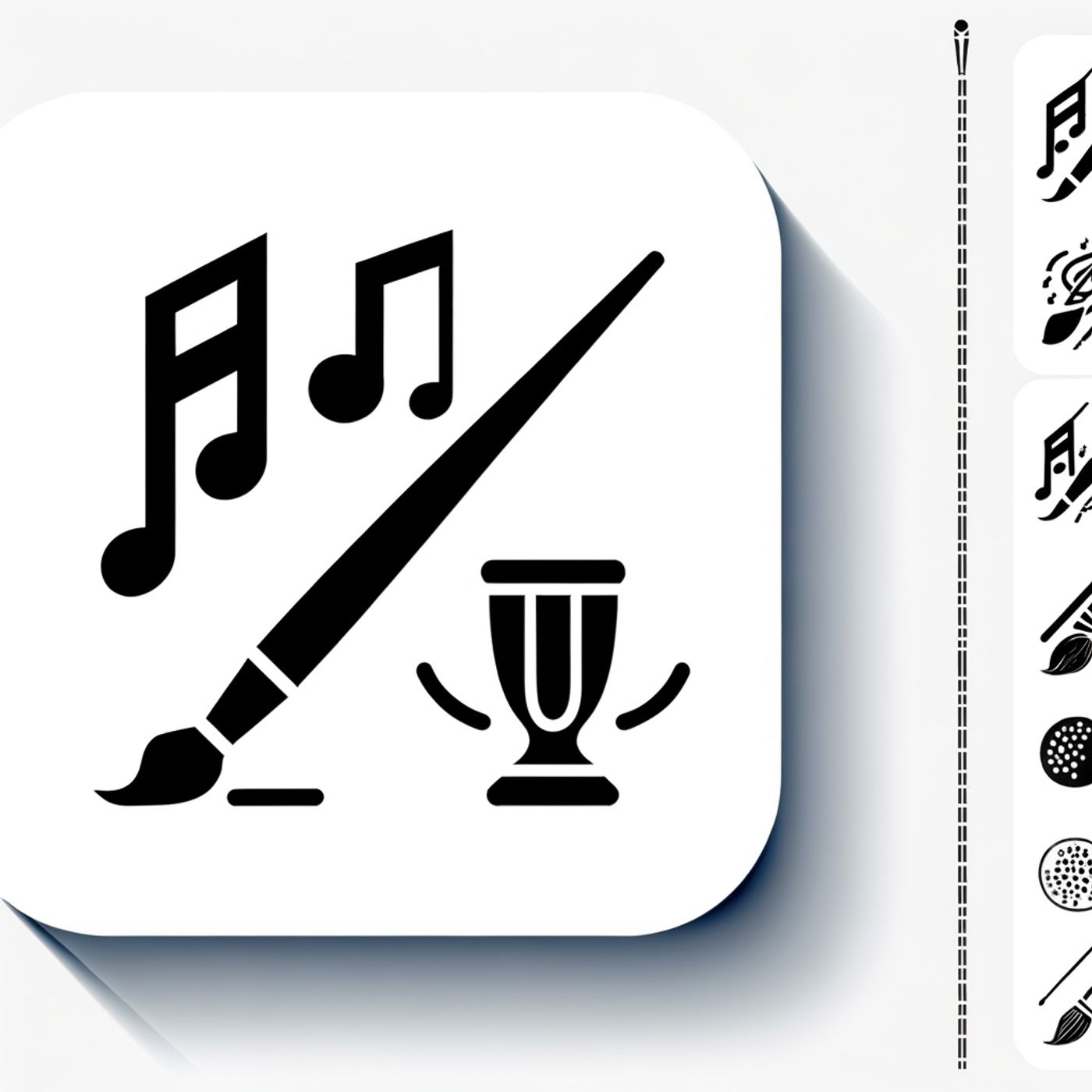Episode Details
Back to Episodes
The Science of Practice: How Repetition Rewires Your Brain and Unlocks Mastery in Any Skill
Published 3 months ago
Description
Practice makes perfect is more than a motivational catchphrase—modern research shows it’s grounded in science. According to studies from The Rockefeller University and UCLA, repeated practice transforms our brain’s memory representations from unstable and fleeting to solid and enduring, hardwiring skills and knowledge as we rehearse tasks over time. By continually revisiting and refining a skill—whether that’s a musical piece, athletic movement, or math formula—the neural pathways associated with that activity grow stronger, making execution faster and more automatic.
Yet, as experts caution, not all practice is equal. Cognitive scientist Daniel Willingham makes a critical distinction: practice doesn’t make perfect forever, it makes you perfect only briefly unless it continues regularly—even past the point of initial mastery. Sustained, ongoing practice outlasts the temporary effects of overlearning. This means that revisiting material you’ve already mastered is crucial for long-term retention, otherwise the gains can fade rapidly.
The path to mastery is rarely linear. Many individuals, including elite athletes and musicians, hit plateaus where progress stalls. Coaches recommend breaking through these plateaus by changing routines, such as practicing in new environments, varying approaches, and setting clear, achievable goals. Experts also recommend targeted practice—focusing specifically on areas of weakness—along with taking regular breaks using methods like the Pomodoro Technique to keep motivation high and burnout low. Working with a professional coach can also provide objective feedback to unlock new levels of growth.
While determination is key, relentless practice does have downsides. Overtraining can lead to physical injury, mental fatigue, and loss of motivation. Mindfulness strategies, setting realistic goals, and celebrating small wins can help maintain balance and enjoyment. Research from Cambridge University underscores that consistent follow-through and variety in practice are crucial for rapid learning and skill retention.
For listeners aiming to improve, practical tips include: set clear goals, track progress, break skills into manageable chunks, seek feedback, and vary your methods. Embrace plateaus as opportunities for consolidation and don’t be afraid to rest or switch things up—sustainable mastery is a marathon, not a sprint.
This content was created in partnership and with the help of Artificial Intelligence AI
Yet, as experts caution, not all practice is equal. Cognitive scientist Daniel Willingham makes a critical distinction: practice doesn’t make perfect forever, it makes you perfect only briefly unless it continues regularly—even past the point of initial mastery. Sustained, ongoing practice outlasts the temporary effects of overlearning. This means that revisiting material you’ve already mastered is crucial for long-term retention, otherwise the gains can fade rapidly.
The path to mastery is rarely linear. Many individuals, including elite athletes and musicians, hit plateaus where progress stalls. Coaches recommend breaking through these plateaus by changing routines, such as practicing in new environments, varying approaches, and setting clear, achievable goals. Experts also recommend targeted practice—focusing specifically on areas of weakness—along with taking regular breaks using methods like the Pomodoro Technique to keep motivation high and burnout low. Working with a professional coach can also provide objective feedback to unlock new levels of growth.
While determination is key, relentless practice does have downsides. Overtraining can lead to physical injury, mental fatigue, and loss of motivation. Mindfulness strategies, setting realistic goals, and celebrating small wins can help maintain balance and enjoyment. Research from Cambridge University underscores that consistent follow-through and variety in practice are crucial for rapid learning and skill retention.
For listeners aiming to improve, practical tips include: set clear goals, track progress, break skills into manageable chunks, seek feedback, and vary your methods. Embrace plateaus as opportunities for consolidation and don’t be afraid to rest or switch things up—sustainable mastery is a marathon, not a sprint.
This content was created in partnership and with the help of Artificial Intelligence AI